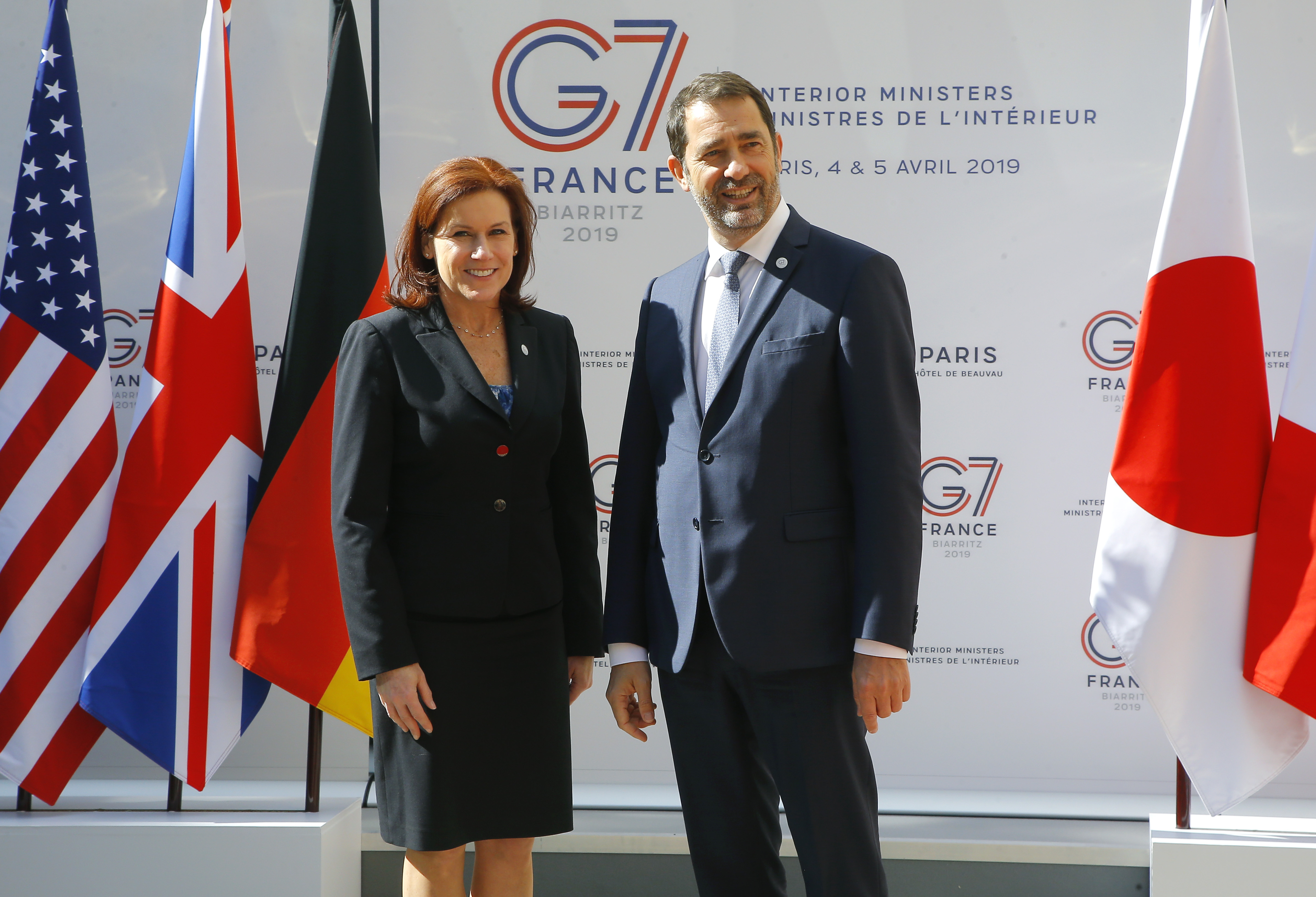Slovenia’s liberal prime minister, whose government has kept an anti-immigrant party at bay in the small nation, warned on Tuesday that the European Union needs new, more efficient leadership to successfully counter a populist surge and the mounting influence of Russia and China.
Marjan Sarec told The Associated Press in an interview that mainstream European officials and parties have failed to deter right-wing groups, which are slated to make strong gains at next month’s European Parliament elections that are seen as important for the future of the bloc.
Populists are advancing in Europe because moderate groups haven’t pushed their own agenda actively enough, Sarec insisted.
“In Europe, generally, we have such a situation because the modest parties, modest forces weren’t successful with their way of behavior,” said Sarec, speaking in English. “If you just sit down and wait what will happen, of course they (populists) will be very loud and they will have a lot of space.”
A 41-year-old former actor and comedian who took the helm of Slovenia’s government after last year’s parliamentary elections, Sarec cited prolonged Brexit talks as an example of the EU’s slow decision-making even as he said that delaying Britain’s departure from the bloc was positive because “it won’t be good for anybody.”
A new European Commission that will be formed after the May 23-26 election should be more efficient, less political and more oriented to technical solutions, if it wants to be able to respond to nations such as China or Russia and their economic and political expansion in the continent.
“Brexit is quite good example how things are done in European Union, endless debates, then the date of exit is coming, then we are faced with it and we prolong again,” he said. “We need another leadership … we need such leaders that will be proactive that will be more capable of fast decisions.”
Political experts say the European Parliament vote could prove to be a tipping point in post-war European politics, if traditional political powerhouses lose support and extremist, populist parties gain more clout.
The votes happen as national ballots in each EU country. National political parties with common ideology then unite in EU-wide groups, like the center-right EPP, the center-left S&D Socialists or the liberal, pro-business ALDE.
In Slovenia, Sarec’s Marjan Sarec List — a member of ALDE — is facing a challenge from the right-wing Slovenian Democratic Party of former Prime Minister Janez Jansa, who is an ally of Hungarian firebrand Prime Minister Viktor Orban. Jansa won the most votes at last year’s parliamentary elections in Slovenia, but Sarec gathered center-left parties to form a minority government, leaving the populists out.
While the European Parliament predicted that mainstream parties will keep control over the European assembly despite the expected significant gains by the right-wing groups, Sarec warned that “elections are always unpredictable” and marred by traditionally low turnout.
“You can never know what will occur on the elections and that’s the main problem that we have now,” he said. “We can only speculate. We can only guess. We depend on the elections.”
The situation in Europe, Sarec said, could be compared to the late 1930s and the actions of the British prime minister at the time, Nevil Chamberlain, who he said “was such a politician that he believed Hitler” when he sought to negotiate rather than confront the German Nazi leader: “We know what happened then.”
Still, he said, “there is always a chance and we must act in that way.”
“If European Union falls apart then we are doomed,” he warned. “It is very brutal but it is like this.”q



















